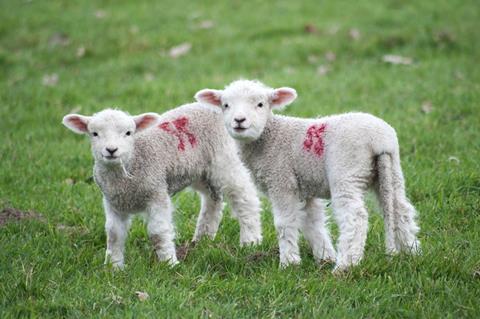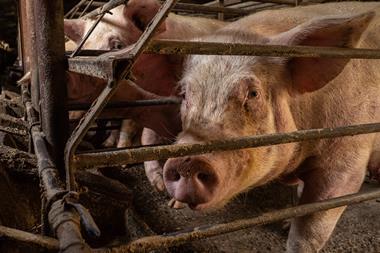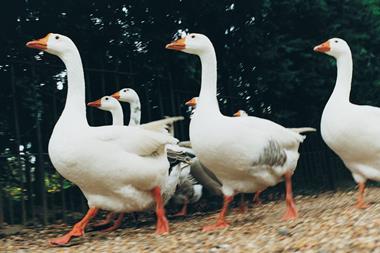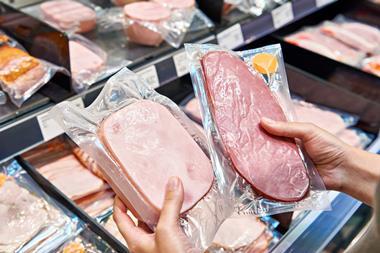
Chickens, cows and octopuses should never be treated as ‘units of production’. They have feelings too and are capable of experiencing pain, joy and other emotions. Understanding this – and recognising it in law – matters. New legislation means all vertebrate animals, plus lobsters, crabs, octopuses and related species, will be recognised in UK law as sentient beings. Good news at a time when there’s so little to cheer about. The health and welfare of all involved in food and farming is important – whether two legs, four legs or eight tentacles.
The Animal Welfare (Sentience) Act will soon pass into UK law, fulfilling a Conservative Party manifesto commitment from the last general election. Notwithstanding legitimate debates about how much meat and dairy people should eat, we should all be able to agree any animals that are farmed deserve a life worth living and a humane death. When making ethical decisions, we must consider the impact of our decisions on people, planet and animals.
Animal welfare has long been the poor relation of environmental and social justice concerns – and this legislation begins to redress the balance. Protection is still needed for UK farmers to avoid them being undermined by cheap imports from countries with less rigorous welfare standards. Food business leaders must keep animal welfare firmly on the radar, even in challenging times. They can also ensure animal welfare is not narrowly focused just on the number of chickens per square metre, but more widely about animals’ ability to live a good life.
Farmers are currently responsible for the welfare of around one billion land animals plus millions of fish farmed for food in the UK each year. This raises the question of how many animals it’s sensible to farm in a resource-constrained, net zero world. Recent reports suggest Northern Ireland, for example, might need to lose one million sheep and cattle to meet climate targets. Food companies should support farmers to improve welfare standards and practice, while also accelerating towards net zero.
The Animal Welfare (Sentience) Act will be an important milestone – not just because of its benefits to animal welfare, but also because getting more ethical food policy enshrined in legislation allows government to be held to account. This reduces the risk of empty rhetoric and vague promises falling by the wayside.
Let’s embrace ambitious but sensible legislation to shift us to fairer food systems, including in the UK government’s overdue white paper response to the National Food Strategy. How about a commitment to a new food bill, to integrate policy on food, health, the environment, workers’ rights, trade, farming and animal welfare? Ensuring any such legislation has bold, overarching goals, with metrics to track progress, will provide greater certainty and encourage positive action from food businesses.



















No comments yet